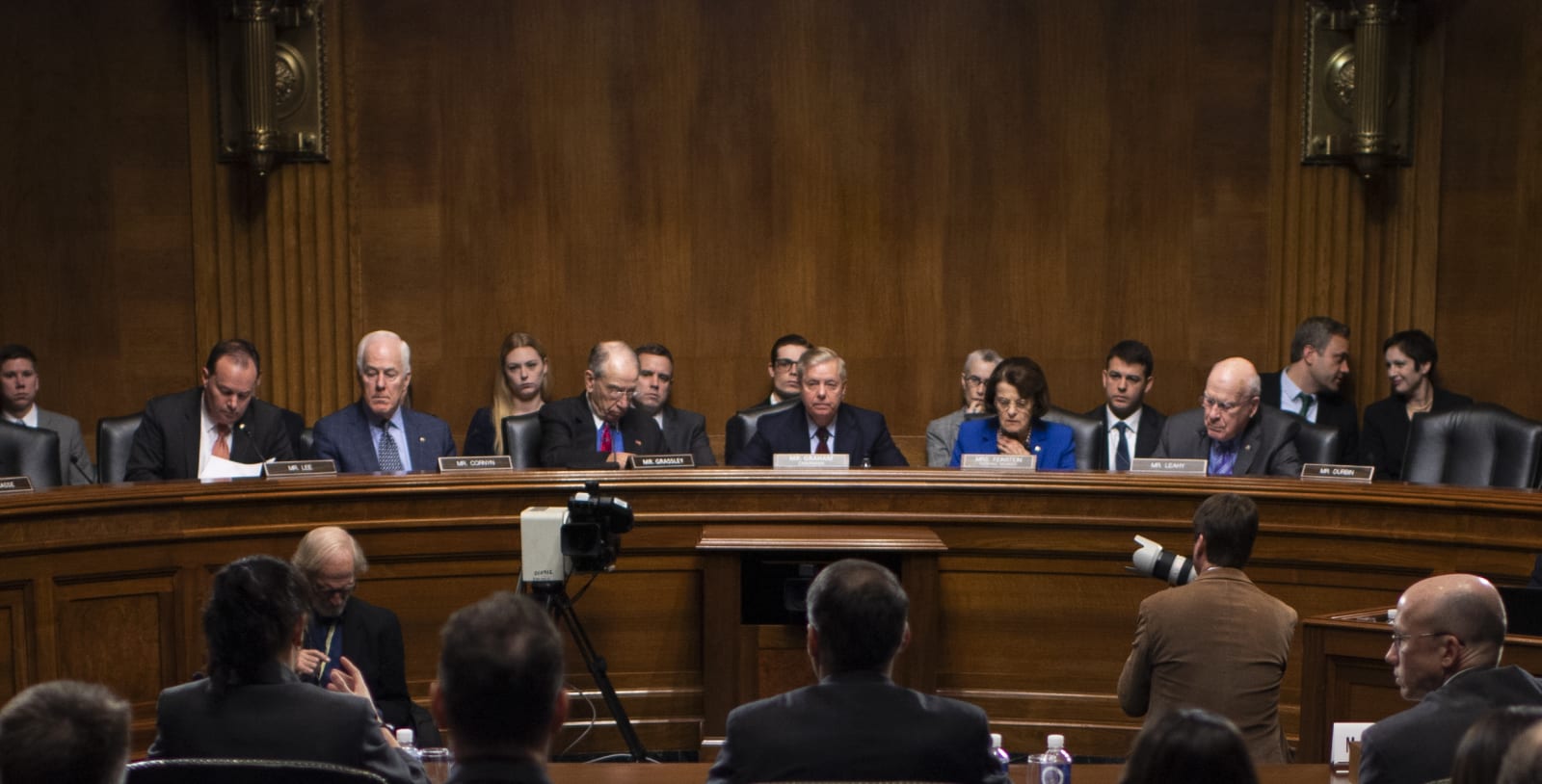
After 2015, the USA Freedom Act replaced NSA mass surveillance of American's call metadata that had been enacted under the Patriot Act and Section 215. While it didn't go so far as to completely reform the system as groups like the EFF and ACLU hoped, it changed things by having phone companies collect the data, under limits of how long it could be stored, with queries performed by agencies with a judge's permission. Even the new rules have had problems, with phone companies storing more data than was legally allowed causing the NSA to wipe all data collected in 2018. Also, even more limited queries could end up touching millions of records.
Now the New York Times reports on a just-declassified study by the Privacy and Civil Liberties
Oversight Board from last year that looked into the program and found that it had only ever generated two unique leads during the time it was operating. That's out of 15 reports total, but 13 had information the FBI was able to get through other methods, At a cost of over $100 million to operate the setup, this almost complete lack of production reveals more about why the NSA had stopped using it.
Sections of the Patriot Act were set to expire in 2019, but despite reported recommendations by the NSA to shut things down, they were extended as part of a funding bill. Now they're up for review again by March 15th, and despite proposed bipartisan legislation intended to replace the program, AG William Barr is again pushing for an extension.
Source: New York Times
via engadget.com



0 Response to "NYT: $100 million US phone surveillance program produced two unique leads"
Post a Comment